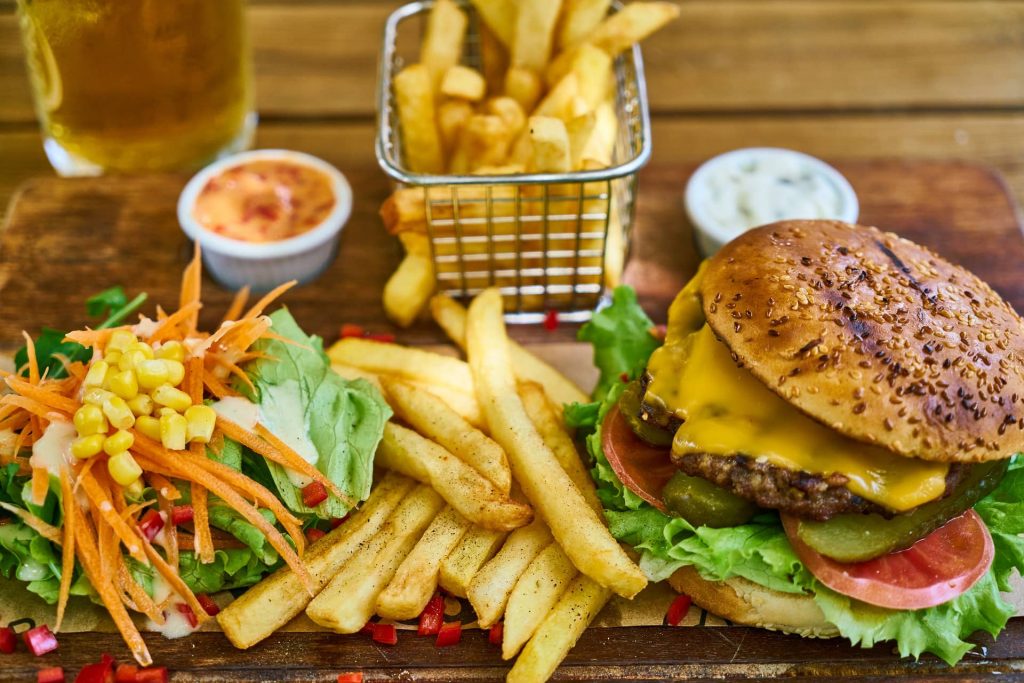Written by Raymond Chu

Have you ever felt that you were eating too fast and needed to slow down? In fact, studies have shown that distracted and rushed eating may lead to additional weight gain while taking away the pleasure of enjoying a proper meal [1].
It might be that time of day where you’re on your computer, faced with a wall of e-mails or assignments. After typing and composing your thought, you reach for the rest of your sandwich on your desk. It might be just after a few bites that you chew while glancing at your screen, only to set your food down to grab a handful of chips before moving on and repeating. Just before you even realize it, you’ve already eaten your lunch without even noticing and soon you’re in a food coma.
According to Harvard Health Publications, advice from the Harvard Medical School for a healthier life, research has shown that a slower and more thoughtful approach to eating could help with managing weight problems and could potentially guide people in making healthier decisions on what they choose to eat. This concept known as “mindful eating” is based on the Buddhist concept of mindfulness that requires one to be fully aware of what is happening within, around, and during the moment they are in [1]. Through utilizing such techniques, it has been shown as an effective way to relieve stress while preventing future health problems. These include high blood pressure, obesity and digestive disorders [2].
By being mindful while enjoying your meal, you notice the colors, smells, flavors, and textures of your food; are able to chew slowly while getting rid of distractions like TV or the internet; and are able to remove any additional guilt and anxiety you may have about food [1]. It might just be that taking your time to chew your food may prevent unexpected health issues.
The process of digestion involves a mind and gut connection. This process involves a complex series of hormonal signals between the gut and nervous system [1]. From studies, it seems to take about twenty minutes for the brain to register that you are satisfied and full. As a result, if someone eats too quickly, this feeling may occur after they have overeaten without him or her realizing that they needed stop. In fact, this is common when we are trying to multitask while eating, and so our digestion may be slowed down or paused. Ultimately, if we are not processing and digesting our foods well, we may be deprived of the full nutritional value [2].
If you read through this and found yourself being able to relate to some or most of these topics, it’s never too late to start changing your lifestyle. Now that you have recognized the root of the issue, experts recommend that you start gradually and practice mindful eating. It may be as simple as beginning to start with eating a meal in a slower, attentive manner, free of distractions [2].
References:
1. Publications, Harvard Health. “Mindful eating.” Harvard Health. N.p., n.d. Web. 26 Feb. 2017.
2. Bouchez, Colette. “6 Ways to De-Stress at the Dinner Table.” WebMD. WebMD, n.d. Web. 26 Feb. 2017.